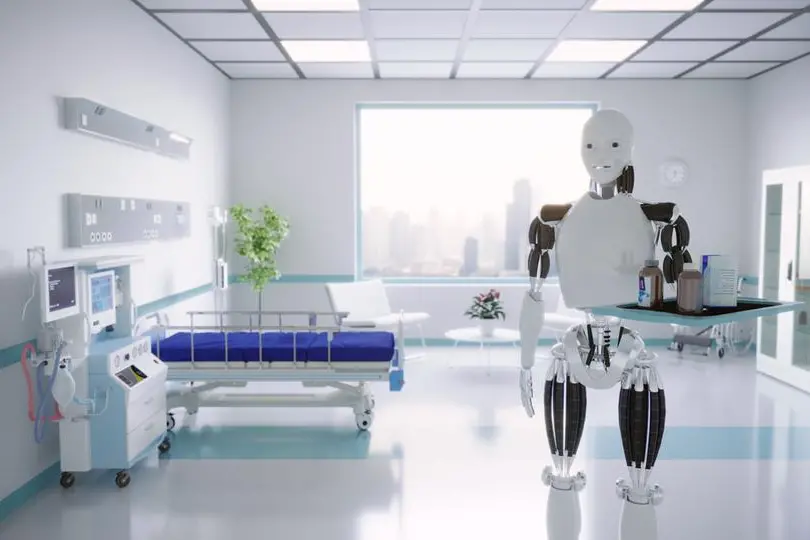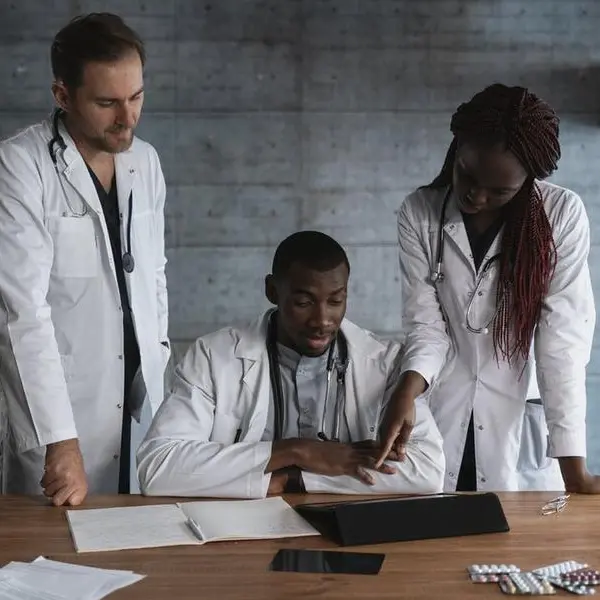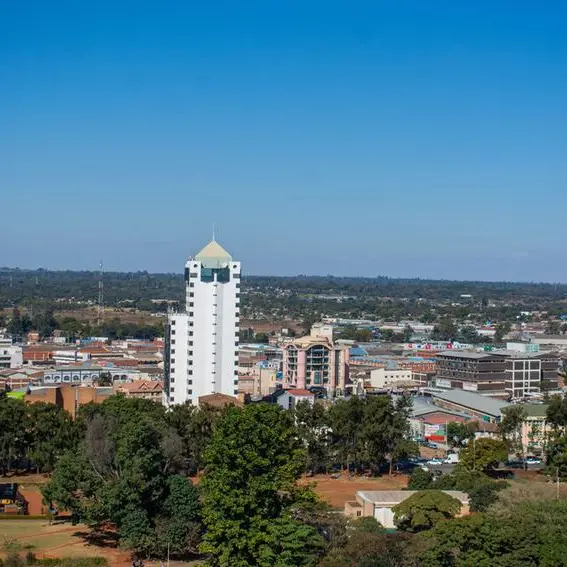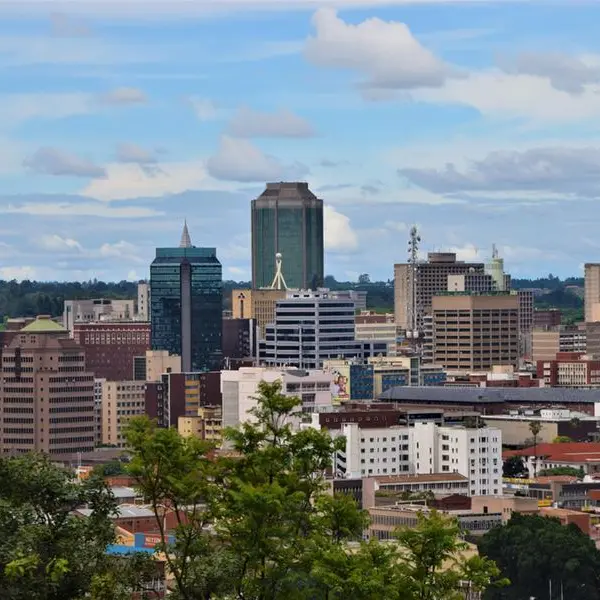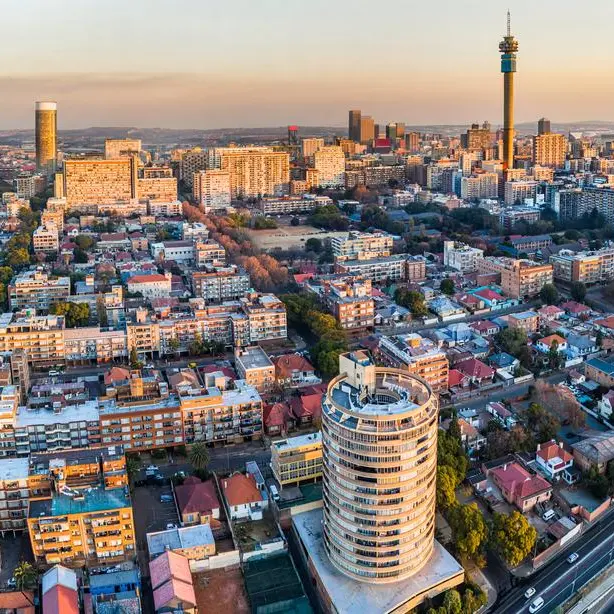PHOTO
As the auspicious month of Ramadan draws to a close, healthcare facilities across the UAE are witnessing a significant surge in emergency room visits, primarily attributed to cases of severe dehydration and gastritis among fasting residents.
According to healthcare experts, they have seen a notable increase of approximately 30-35 per cent in the number of people seeking emergency room drips, shedding light on the persistent health challenges faced by fasting residents.
“There's a significant increase of about 30-35 per cent in the number of people seeking emergency room drips due to health issues related to fasting, such as gastritis and severe dehydration,” said Dr Tasnuba Akhtar, general practitioner-emergency department, Thumbay University Hospital.
“Fasting individuals often experience abdominal pain as a result of gastritis, leading them to seek medical attention. Moreover, severe dehydration is another significant concern during Ramadan,” added Dr Akhtar.
According to the healthcare specialist, many fasting individuals engage in physical activities or continue working outdoors despite fasting, further exacerbating dehydration. “Even after breaking their fast during Iftar, individuals may not adequately replenish their fluid intake, contributing to dehydration-related health issues,” said Dr Akhtar.
Common symptoms of dehydration
Common symptoms associated with dehydration include fatigue and weakness, dizziness and lightheadedness, rapid heartbeat and breathing, headache, nausea and vomiting, and low blood pressure, said Dr Ahmad Fadlalseed, general practitioner at RAK Hospital.
“These symptoms, especially when severe or persistent, indicate a need for immediate medical attention to prevent complications associated with dehydration,” he added.
According to the medicos, more serious medical conditions that require intravenous fluids involve assessing various factors, primarily focusing on the patient's vital signs and symptoms. "Individuals who necessitate IV drips typically present significant dehydration and physiological distress. One crucial aspect is monitoring the patient's vital signs, particularly blood pressure. A drop in blood pressure may indicate severe dehydration, prompting the need for intravenous fluids to restore fluid balance and maintain adequate circulation,” said Dr Akhtar.
Particular demographic groups that might be more susceptible to experiencing exhaustion and requiring emergency drips during Ramadan, include: elderly individuals, pregnant or breastfeeding women, individuals with chronic illnesses, individuals on certain medications and those living in hot and humid climates — like construction workers.
The healthcare system has responded effectively to the increased demand for emergency services during Ramadan by enhancing efficiency across all the staff members, including nurses and doctors. “We have provided 24x7 free ambulance services too. Embracing the spirit of Ramadan as a month of giving, we prioritize timely care, offering additional support to patients in need,” said Dr Akhtar.
Copyright © 2022 Khaleej Times. All Rights Reserved. Provided by SyndiGate Media Inc. (Syndigate.info).
